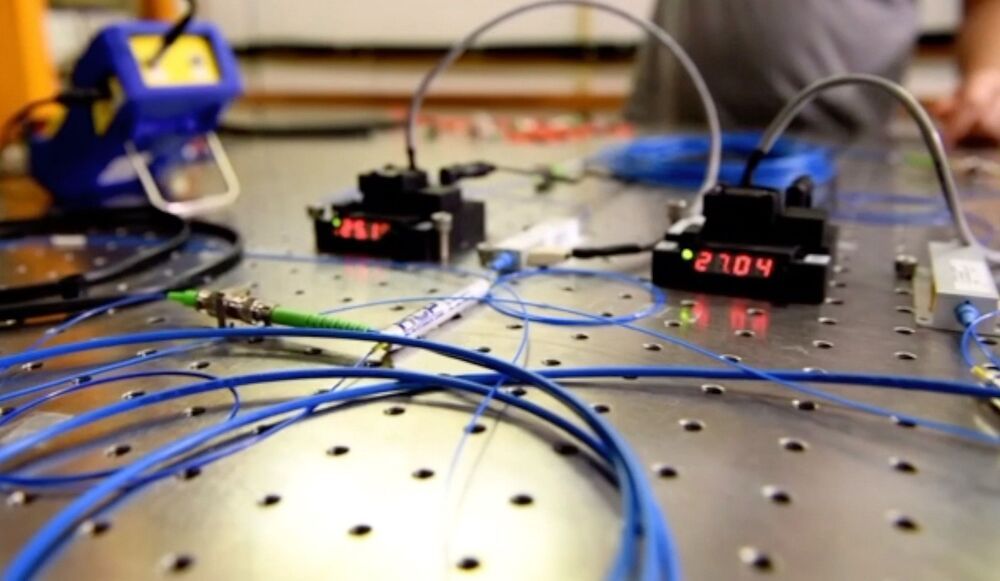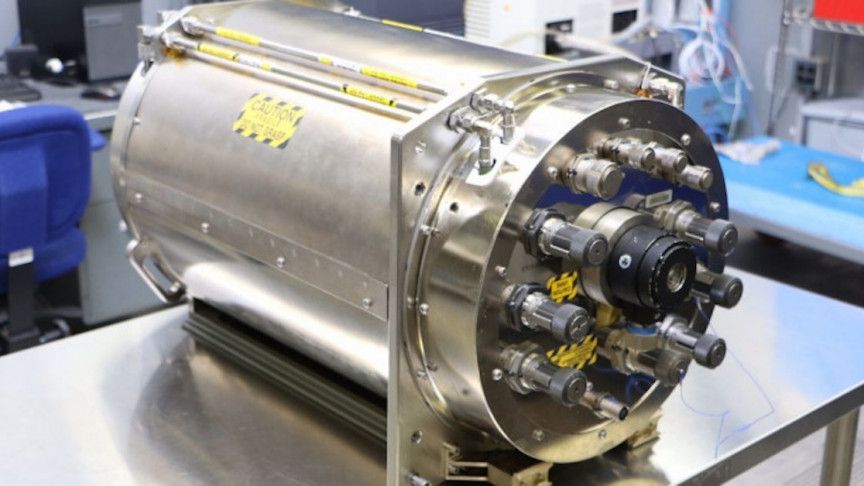Using the Parkes radio telescope, Chinese astronomers have investigated an isolated pulsar known as PSR J1047−6709 and detected dozens of giant pulses during the bright state of this source. The finding is reported in a paper published December 10 on the arXiv pre-print repository.
Pulsars are highly magnetized, rotating neutron stars emitting a beam of electromagnetic radiation. They are usually detected in the form of short bursts of radio emission, however, some of them are also observed using optical, X-ray and gamma-ray telescopes. To date, most pulsars have been discovered using the Parkes Observatory in Australia.
Some pulsars showcase the so-called giant pulses (GPs)—short-duration, burst-like radio emissions from a pulsar, with energies exceeding the average pulse energy by 10 times or even much more. So far, such activity has only been detected in 16 pulsars.








